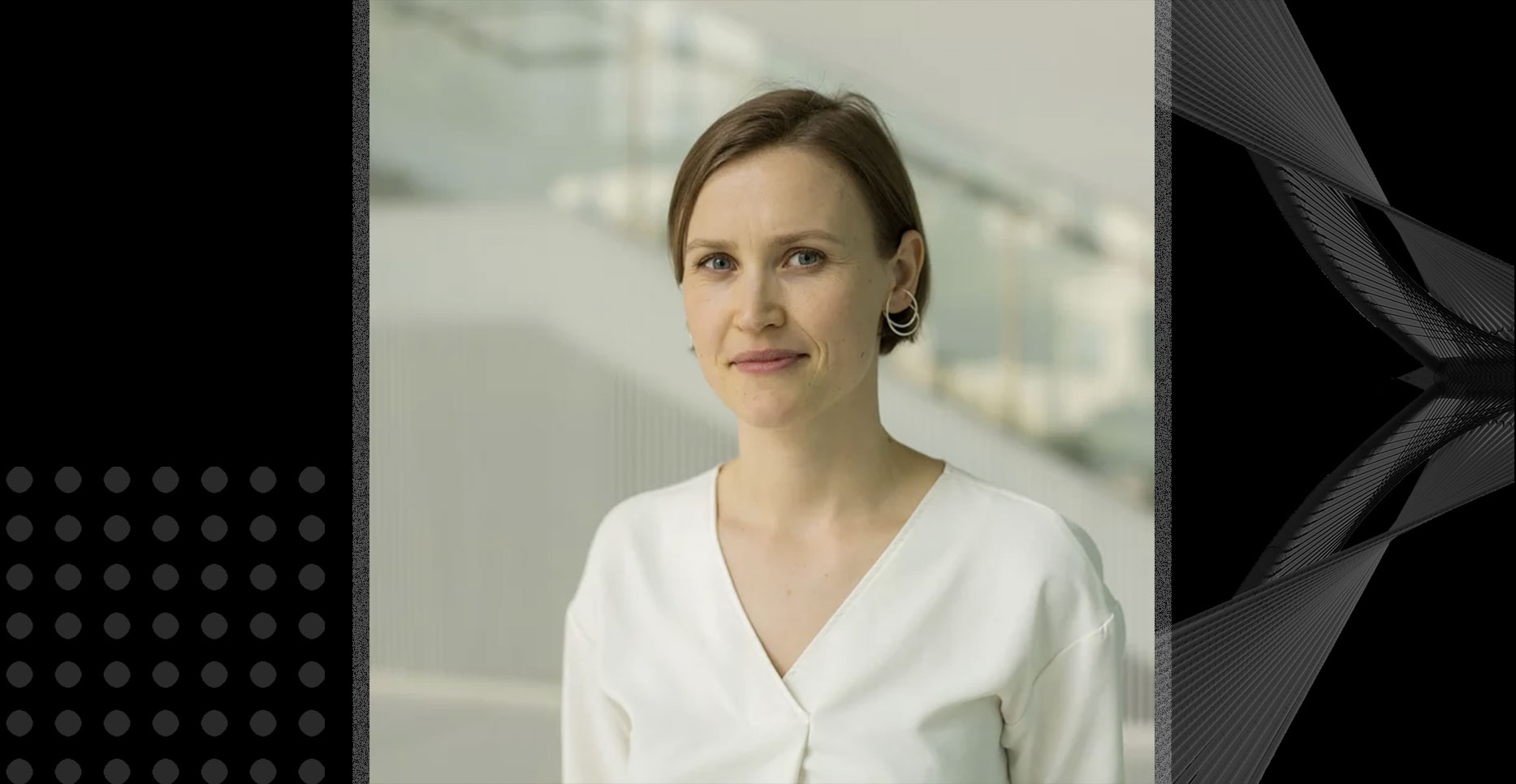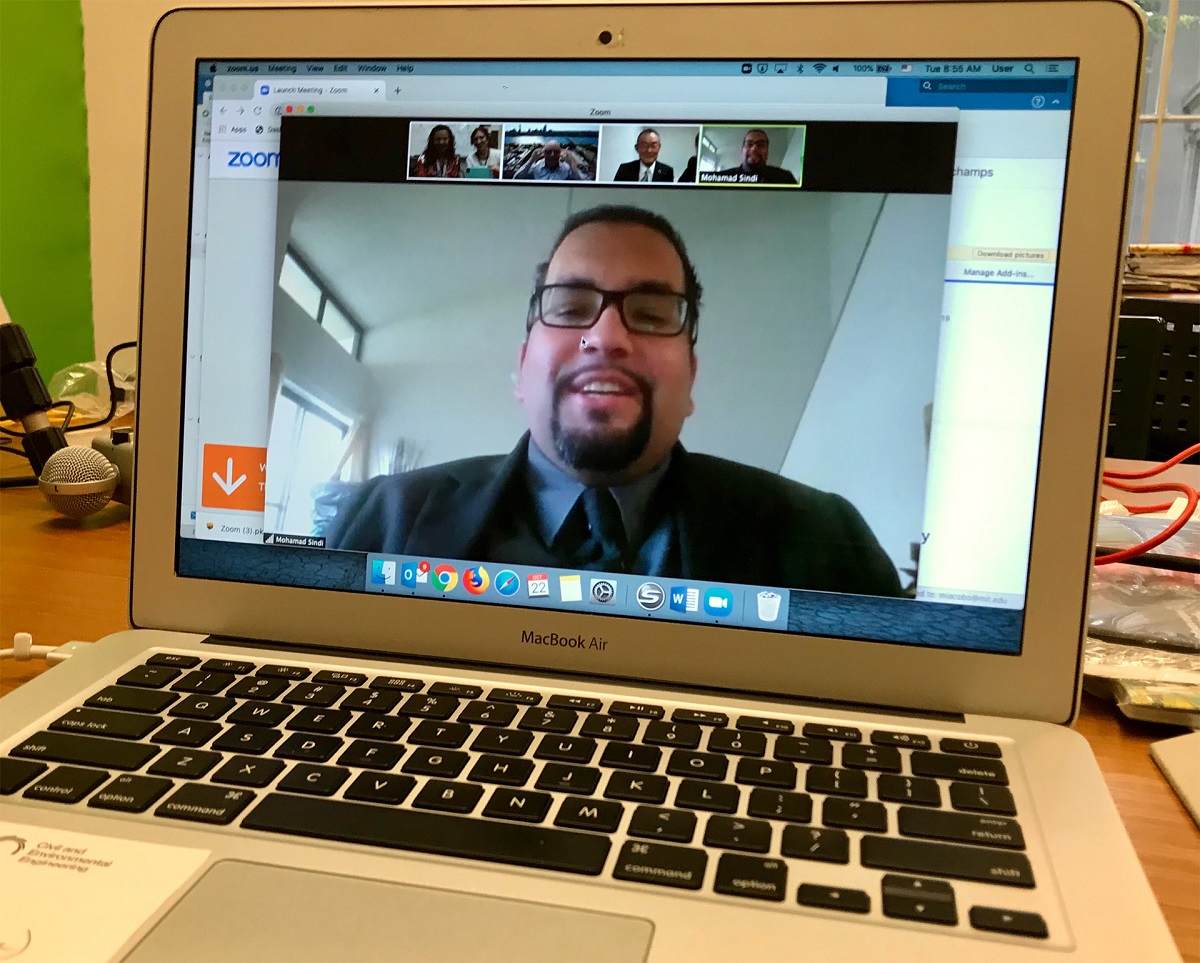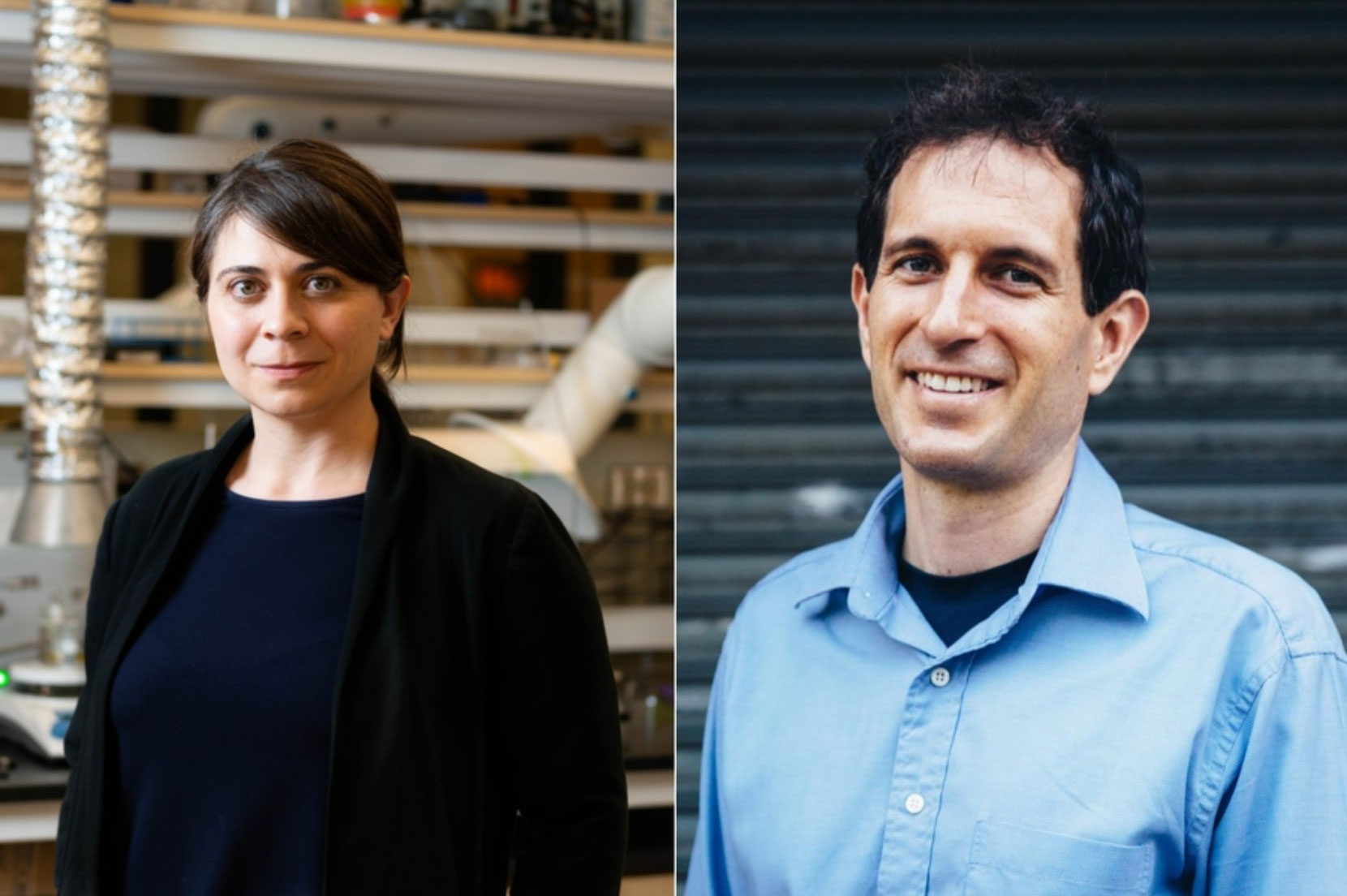Josephine Carstensen receives NSF CAREER award for outstanding research and education

The National Science Foundation (NSF) selected an MIT School of Engineering professor, who is developing new methods for sustainable design, to receive its most prestigious award for junior faculty members.
Josephine Carstensen, an assistant professor in the Department of Civil and Environmental Engineering (CEE) received the 2021 Faculty Early Career Development (CAREER) Award, which supports promising early career faculty members who exemplify and serve as academic role models in research and education. The award will allow her to investigate improved structural design methods that could shift the paradigm of design and manufacturing into a single unified process.
A five-year, $560,000 grant will support her project “Integrated Design and Digital Fabrication using Topology Optimization and Material Extrusion 3D Printing.” Topology optimization is a design technique that generates new, high performing design solutions and considered a powerful design approach for Additive Manufacturing (AM). However, topology-optimized designs must be prepared by the design engineer to facilitate the production, a process that results in performance loss of the final product. Carstensen’s research aims to eliminate the pre-production process so designs are print ready. The integration of design and manufacture investigated in this project will ease the process used by design engineers and improve the performance of fabricated products.
“Carstensen’s work could have broad societal impact in many diverse fields from the sustainable design of civil structures, aerospace and automotive components, sports and other protective equipment to novel lightweight materials, and biomedical implants,” says Ali Jadbabaie, head of the MIT Department of Civil and Environmental Engineering. “I am delighted that the NSF has chosen her to receive this much-deserved CAREER Award, indicating the impact of her work at this early stage and its alignment with our department’s research on bold sustainable solutions across scales.”
Additionally, the grant will support an integrated educational program that will stimulate interest in the future of engineering design, especially among students who do not typically engage with science, technology, engineering and math (STEM). This includes the creation of K-12 STEM-based outreach initiatives for middle school art class through the MIT Edgerton Center, and courses and research engagements for undergraduate students of engineering, computer science and graduate engineering students.
“I am honored and grateful to receive the NSF CAREER award,” says Carstensen. “I’m excited for the opportunity to further integrate manufacturing and design into becoming one process and to inspire and train the next generation of design engineers to creatively approach design problems while considering manufacturing aspects of design.”
Carstensen’s laboratory top + ad is developing new rigorous methods and algorithms that can improve structural design. The group leverages new manufacturing possibilities to make structures lighter, faster, safer and is re-examining the traditional approach to structural design on scales ranging from high-rise buildings to small porous materials.
Share on Bluesky


